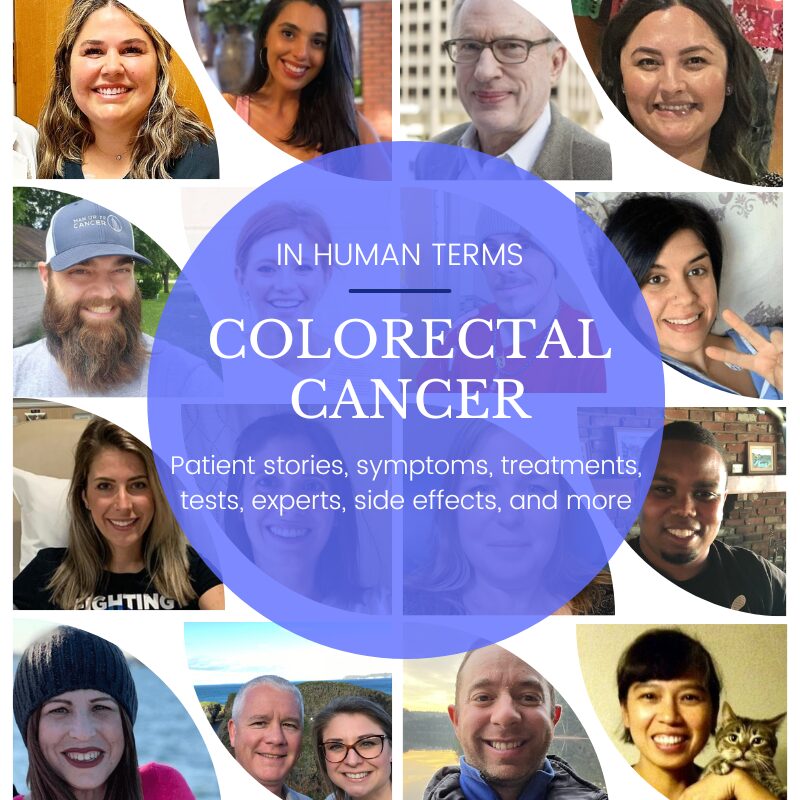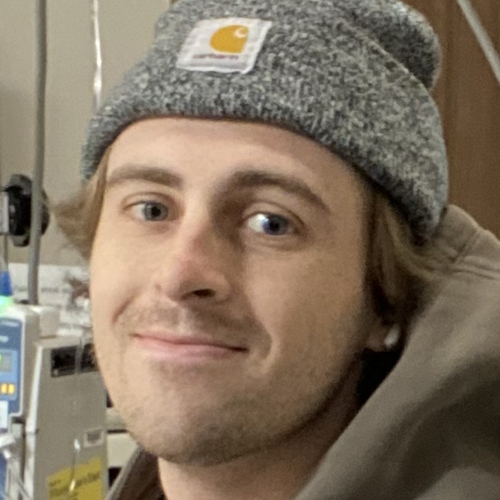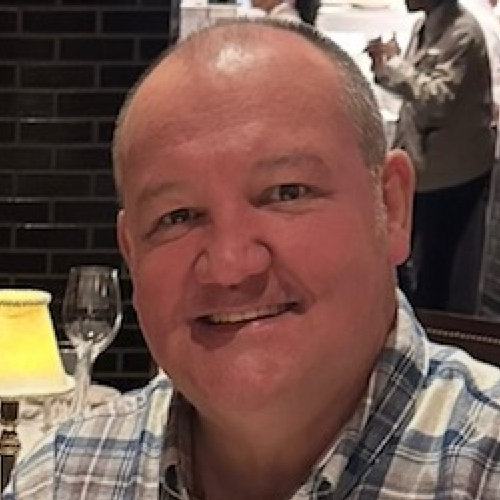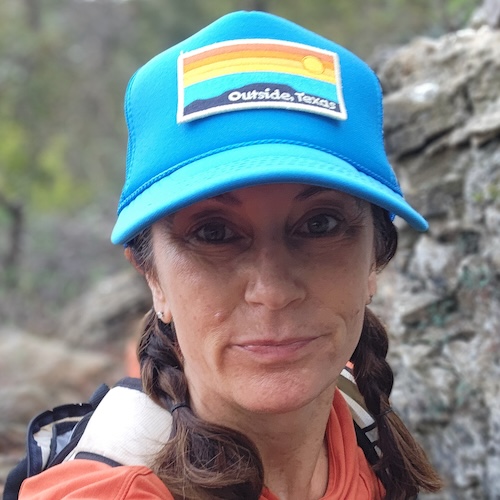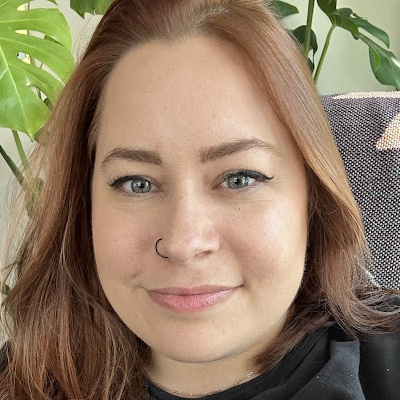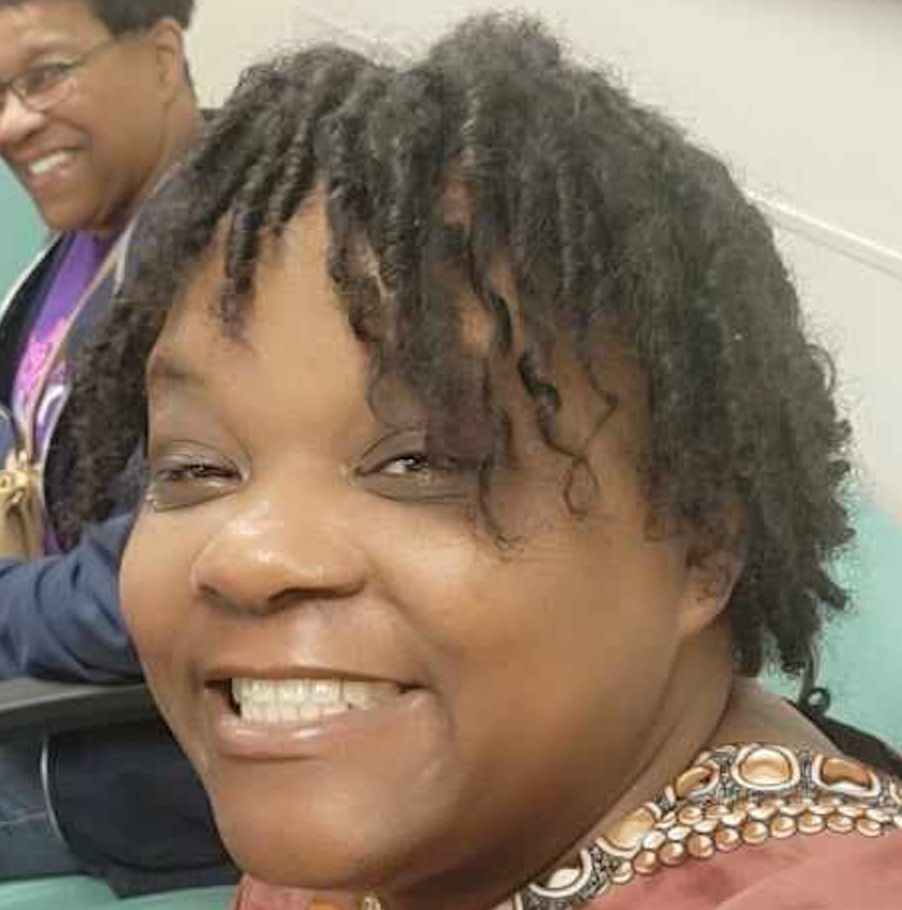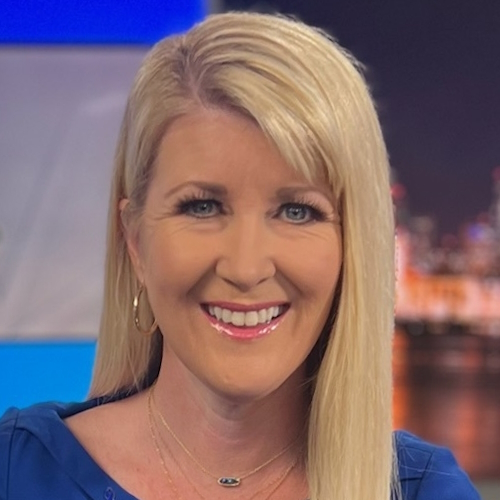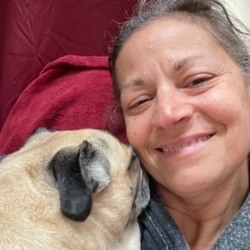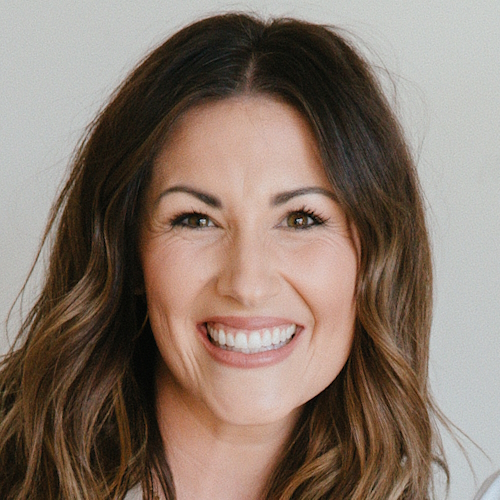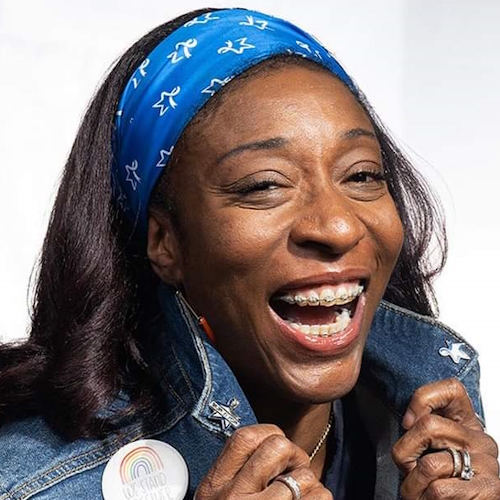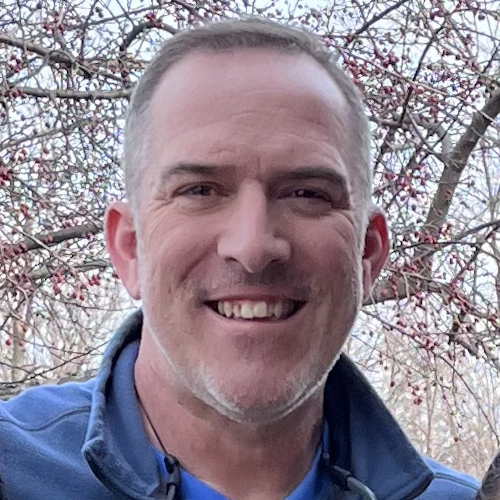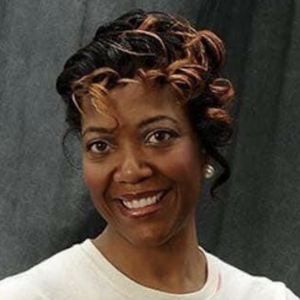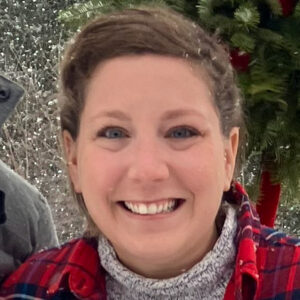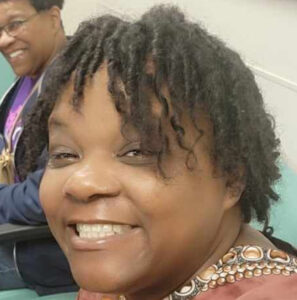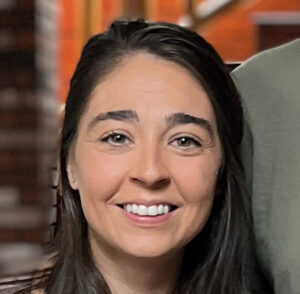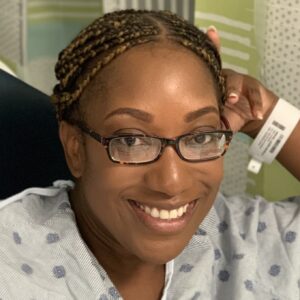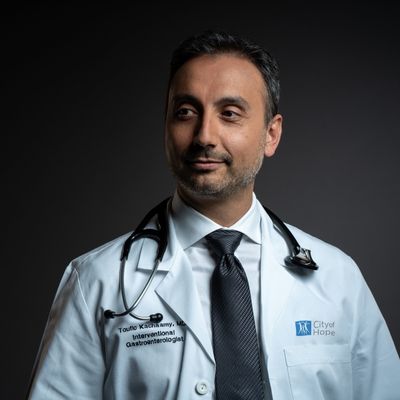Colorectal Cancer Stories






Colorectal cancer can start either in the colon or the rectum. It makes up about eight percent of all cancer cases in the U.S. Finding and removing polyps can prevent colorectal cancer. (NCI) It’s also on the rise for men and women under 50 years old, as many of our stories below will highlight.
2024: Colon Cancer on the Rise in Younger Adults
A 2024 report highlights a worrying 9% increase in colorectal cancer among those under 50. Despite unclear reasons for this rise, factors like genetics, lifestyle, and obesity are considered. Surprisingly, many young patients don’t fit the typical risk profiles, hinting at other causes like environmental factors or microbiome changes. This trend is leading to more late-stage diagnoses in young adults, emphasizing the need for awareness and early screening.
Go directly to our stories covering younger diagnoses.

Scientists are now working to uncover the causes behind this rise and develop strategies to prevent and treat colorectal cancer in younger age groups. As Dr. Kimmie Ng, director of the Young-Onset Colorectal Cancer Center at the Dana Farber Cancer Institute, said, “Research into what the underlying causes are and what the risk factors are, is so important. We need to identify those young people who are at high risk and target them for earlier screening.” Read our interview with Dr. Ng.

Take our Colorectal Cancer Survey and get 10 Tips from Our Community on symptoms, diagnosis, treatments, and support.
Colorectal Cancer 101

Learn more with our guide on colorectal cancer, a disease that affects the colon or rectum. In this colorectal cancer overview article, we touch on crucial aspects such as screening, stages, treatment options, and patient stories. Through these stories, you’ll discover valuable insights from the very people who have been there.
Patient Stories
Explore below for colorectal cancer stories from our community of patients and thrivers who share their experiences with colon and rectal cancer diagnoses and treatments.
Colon Cancer Stories
Lauren G., Colon Cancer, Stage 4
Symptoms: Frequent urges to have bowel movements (up to 27x/day), incomplete evacuation, abdominal bloating
Treatments: Surgeries (colectomy, colostomy bag placement), chemotherapy
Jackson A., Colon Cancer, Stage 3
Symptom: Sharp abdominal pain
Treatment: Surgery (emergency transverse colectomy)
Jay W., Colon Cancer, Stage 4
Symptom: Occasional presence of blood in stool
Treatments: Chemotherapy, surgery (installation of port and liver infusion pump, colectomy, hepatectomy, liver ablation, removal of liver infusion pump)
Kelly C., Colon Cancer, Stage 4
Symptoms: Constipation, bloating, severe abdominal pain
Treatments: Surgeries (colectomy, colostomy, hepatectomy), chemotherapy
Marc Anthony S., Lynch Syndrome and Colon Cancer, Stage 2A
Symptoms: Blood in stool, severe constipation, persistent exhaustion, constantly feeling cold
Treatment: Surgeries (sigmoid colectomy, lymphadenectomy)
Crystal W., Colon Cancer
Symptoms: Blood in stool, intermittent severe lower abdominal pain, urinary tract infection (UTI) with strong odor, fistula
Treatments: Surgeries (cystectomy, oophorectomy, and hysterectomy), chemotherapy
Rectal Cancer Stories
James K., Rectal Cancer, Stage 3C/4
Symptoms: Occasional rectal bleeding, increasing fatigue
Treatments: Chemoradiation, surgeries (coloanal pull-through, temporary ileostomy, ileostomy reversal, permanent colostomy), adjuvant chemotherapy
Denelle C., Rectal Cancer, Stage 3B
Symptoms: Irregular bowel movements, frequent rectal bleeding, sensation of incomplete evacuation
Treatment: Chemoradiation (oral chemotherapy and radiation therapy)
Scott M., Rectal Cancer, Stage 3
Symptom: Blood in stool
Treatments: Chemotherapy, surgery (ileostomy), radiation
Roshonda C., Rectal Cancer, Stage 4
Symptoms: Blood in stool, blood from rectum after intercourse, sensation of incomplete bowel movements
Treatments: Chemotherapy, surgery, radiation
Paul K., Rectal Cancer, Stage 3
Symptoms: Frequent bowel movements, loose stools, blood spotting in stool
Treatments: Chemotherapy (CAPOX), radiation, upcoming surgery (colon resection)
Jessenia L., Rectal Cancer, Stage 3
Symptoms: Constipation, belatedness, bleeding after using the toilet
Treatments: Chemotherapy, surgery (full hysterectomy), radiation
Colorectal Cancer Stories
Monica D., Colorectal Cancer, Stage 1
Symptoms: None; caught at a routine colonoscopy
Treatment: Surgery (low anterior resection with temporary diverting ileostomy)
Edie H., Colorectal Cancer, Stage 3B
Symptom: Chronic constipation
Treatments: Chemotherapy, radiation, surgeries (lower anterior resection & temporary ileostomy)
Shayla L., Colorectal Cancer, Stage 4
Symptoms: Stomach sensitivity, food intolerances, exhaustion, blood in stool
Treatments: Chemotherapy, surgery (hepatectomy)
Tracy R., Colorectal Cancer, Stage 2B
Symptoms: Bloating and inflammation, heaviness in the rectum, intermittent rectal bleeding, fatigue
Treatments: Chemotherapy, radiation, surgery
Paula C., Colorectal Cancer, Stage 3
Symptoms: Painful gas, irregular bowel movements, blood in stool, anemia, severe pain, weight loss, fainting spells
Treatment: Surgery (tumor resection)
Nick S., Colorectal Cancer, Stage 4A
Symptoms: Change in bowel habits, size & consistency, blood in stool, abdominal pain, fatigue
Treatments: Surgery (sigmoid colectomy), chemotherapy (capecitabine, oxaliplatin), immunotherapy (bevacizumab, pembrolizumab)
Patients In Their 30s and 40s Share Their Earliest Symptoms
In 2024, a concerning trend emerged: colon cancer incidence is rising among adults under 50, particularly those between 30 and 40 years old. The American Cancer Society (ACS) reports that this demographic is the only one to experience an increase in overall cancer incidence (number of new cases in a year for every 100K people) from 1995 to 2020. Colorectal cancer, once the fourth leading cause of cancer deaths for people under 50, has now become the leading cause for men and the second for women.
Regular screenings for colorectal cancer are crucial for early detection. The most common screening method is a colonoscopy, which allows doctors to examine the entire colon and rectum for polyps or signs of cancer.
Colorectal Cancer Medical Expert Interviews
Toufic Kachaamy,MD
Role: Chief of Medicine and Director of Gastroenterology
Focus: endoscopic oncology
Provider: City of Hope (Phoenix)
Kimmie Ng, MD, MPH
Role: Gastrointestinal oncologist
Focus: Young-onset colorectal cancer, microbiome
Provider: Dana-Farber Cancer Institute (Boston)
Navigating the Latest Metastatic Colorectal Cancer Treatments and Clinical Trials
Colorectal cancer patient advocate Allison Rosen and leading oncologist Dr. Cathy Eng from Vanderbilt-Ingram Cancer Center discuss the latest advancements in the treatment of metastatic colorectal cancer, the current treatment landscape, and the most promising clinical trials available.
